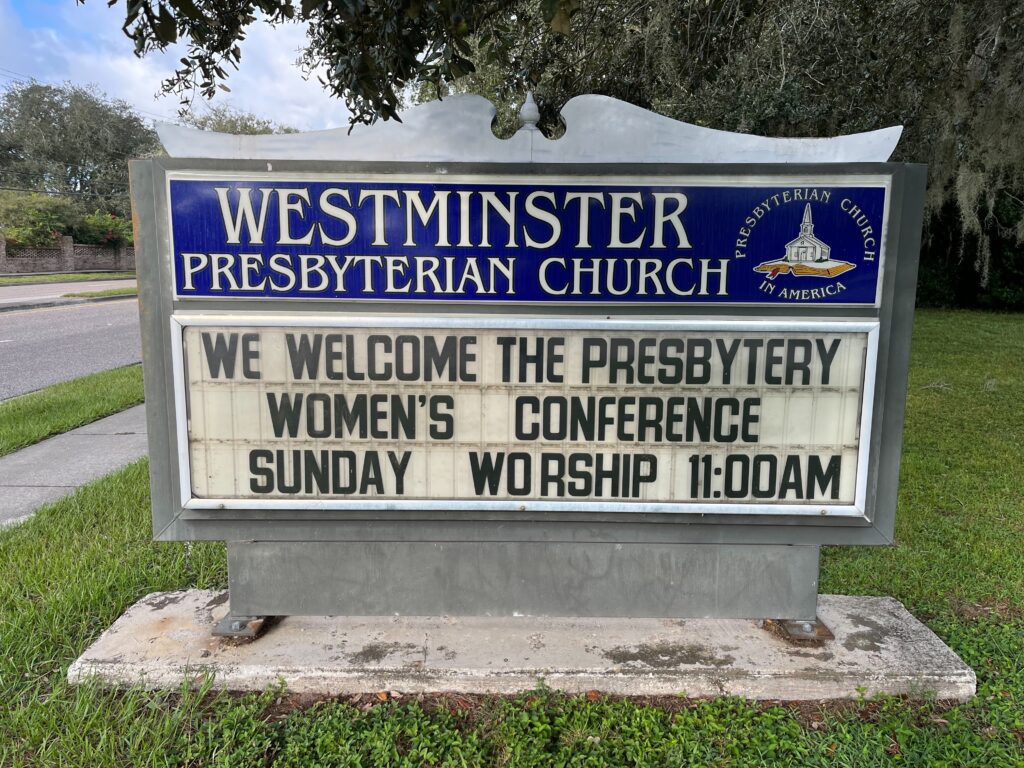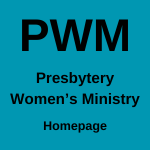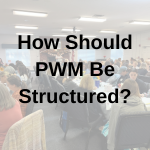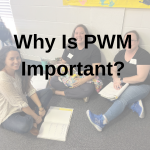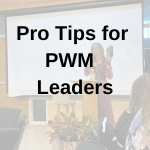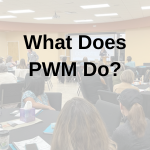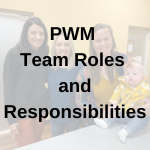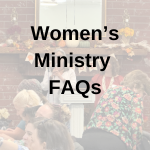Presbytery Women’s Ministry provides leadership at the presbytery level, seeking to connect, encourage, and equip the women in the local churches in that presbytery.
The PCA, historically, has alway been a connectional denomination. This means that not only do we see the benefit of connecting individuals within the local church, we also recognize the benefits of relationships with members of other churches within the denomination as a whole. Connection on this level can be challenging. To help facilitate these relationships, the PCA is organized into levels of local churches, presbyteries, and General Assembly. The main denominational website is: www.pcanet.org.
It may be helpful to become familiar with some of these terms and organizations:
Local Church: A group of professing Christians gathered together for worship and godly living. A particular church is led by a Session, whose members are elected by the congregation. Currently, there are over 1800 local churches in the PCA.
Presbytery: A regional body that oversees the work of ministers and churches in an area. There are currently 84 Presbyteries.
General Assembly: The body that oversees the work of all ministers and churches in the denomination. Currently, there are over 4,500 ministers and over 350,000 members in the PCA. The work of the General Assembly is accomplished through the following agencies and committees:
- Administrative Committee
- Committee on Discipleship Ministries (CDM)
- Mission to the World (MTW)
- Mission to North America (MNA)
- Reformed University Fellowship (RUF)
- Covenant Seminary
- Covenant College
- PCA Foundationhttps://genevabenefits.org
- Geneva Benefits
- Ridge Haven Conference & Retreat Center
How does Women’s Ministry fit within the structure of the PCA?
PCA Women’s Ministry functions under the authority of the Committee on Discipleship Ministries (CDM). Stephen Estock is currently the Coordinator of this committee, with Karen Hodge serving as the Coordinator for CDM Women’s Ministry. The PCA Women’s Ministry Team includes regional advisors, trainers, and liaisons who work with Karen Hodge to provide leadership and support to Women’s Ministry on both the presbytery and local levels.
What principles govern PWM?
Presbytery Women’s Ministry is governed by the same principles that govern our local women’s ministries. Our core commitments to the biblically revealed Triune God and to the Bible as the “only rule of faith and life” are the foundation for any ministry we undertake. In addition, we are also united to other churches in our denomination by the fact that our churches are confessional (our basic beliefs are reflected in those doctrines set forth in the Westminster Confession of Faith, and the Larger and Shorter Catechisms), organized with a Presbyterian form of government, committed to the Reformed tradition, and committed to the Great Commission of our Lord.
Our reformed theology is the basis for what and how we do ministry. In Chapter 11 of The Legacy of Biblical Womanhood, Susan Hunt and Barbara Thompson lay out an explanation of a covenantal philosophy for women’s ministry. When our women’s ministries flow out of this biblical foundation, we will keep these core covenantal values ever before us as we develop our ministry:
- Glorifying God: The great purpose and privilege that we have as believers is to glorify God in all areas of life.
- God’s Word: As our only authority for faith and life, the transforming power of God’s Word is the one true foundation of all our ministry.
- Church: The church is God’s covenant family, so we emphasize the importance of active membership in the local church.
- Intentional Integration: We seek ways to intentionally support the doctrine and ministry of the church as a whole and encourage women to use their gifts to enhance all ministries in the church rather than duplicate efforts or compete with them.
- Community: Cultivating life-giving relationships across generational lines and passing on the legacy of biblical womanhood will have a positive impact on our homes, our church, our community, and the world.
- Compassion: We encourage opportunities for women to extend practical compassion both within the church and beyond its borders.
- Kingdom Building: We remain outward-focused, always seeking to extend the boundaries of the covenant to enfold more women inside and outside the church.
- Elder Oversight: In our denominational structure, the local women’s ministry serves under the authority and protection of the local church Session. Presbytery Women’s Ministry serves under the authority and protection of the presbytery Christian Education (CE) Committee, or another committee as determined by the presbytery. We seek to demonstrate the beauty of God’s design by doing this well.
Some of these covenantal values are shared with many believers across denominational lines, and the unified Body of Christ is both beautiful and important. Investing in relationships among women from various churches within the denomination encourages us in staying true to our core distinctives while at the same time increasing our appreciation for the diversity that exists beyond our particular local church.

